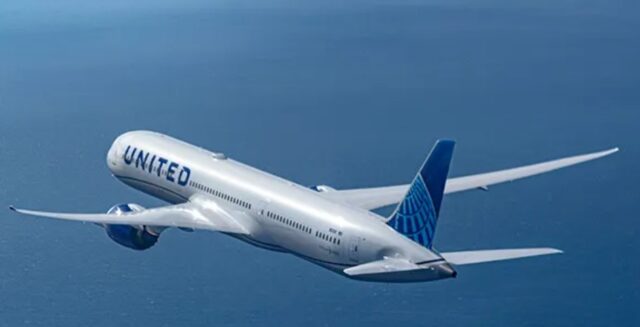Raytheon Technologies awarded $237m counter-UAS contract
Raytheon Technologies was awarded a $237 million U.S. Army contract for Ku-band Radio Frequency Sensors (KuRFS) and Coyote effectors to detect and defeat unmanned aircraft.
The contract includes a…

Raytheon Technologies was awarded a $237 million U.S. Army contract for Ku-band Radio Frequency Sensors (KuRFS) and Coyote effectors to detect and defeat unmanned aircraft.
The contract includes a combination of fixed-site and mobile systems as well as a quantity of effectors, designated to support the Army’s U.S Central Command operations.
As part of the U.S. Army’s Low, slow, small-unmanned aircraft Integrated Defeat System, called LIDS, KuRFS provides advanced 360-degree threat detection, while Coyote low-cost effectors defeat drones.
Detect and defeat unmanned aircraft systems
“The KuRFS radar and Coyote effectors effectively detect and defeat unmanned aircraft systems, an increasingly evident and global threat,” said Tom Laliberty president of Land Warfare & Air Defense at Raytheon Missiles & Defense. “LIDS is operationally deployed, providing a proven, reliable, and essential layer of defense against enemy drones.”
KuRFS precision targeting radar and the scaled Ku720 mobile sensing radar deliver persistent detection, identification and tracking of airborne threats. The Coyote Block 2 defeats single drones and swarms varying in size and manoeuvrability, and at higher altitudes and longer ranges than similar class systems.
Multi-mission fixed, relocatable, or mobile deployed system
The U.S. Army’s LIDS integrates KuRFS and the Coyote family of effectors with Northrop Grumman’s Forward Area Air Defense Command and Control system, or FAADC2, and Syracuse Research Corporation’s electronic warfare system. Together, these systems create a multi-mission fixed, relocatable, or mobile deployed system that provides a complete extended-range defense solution.
Raytheon Technologies is the world’s largest aerospace and defence company. Its global team of 180,000 employees pushes the limits of known science and redefines how the world connects and protects our world. The company is advancing aviation, building smarter defence systems and creating innovations to take the world deeper into space. The company, with 2022 sales of $67 billion, is headquartered in Arlington, Virginia.Subscribe to the FINN weekly newsletter
















